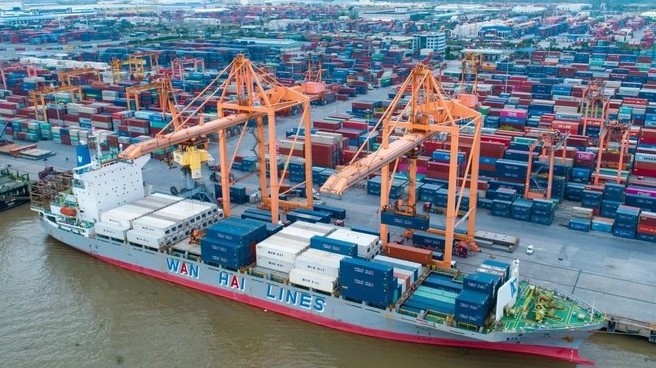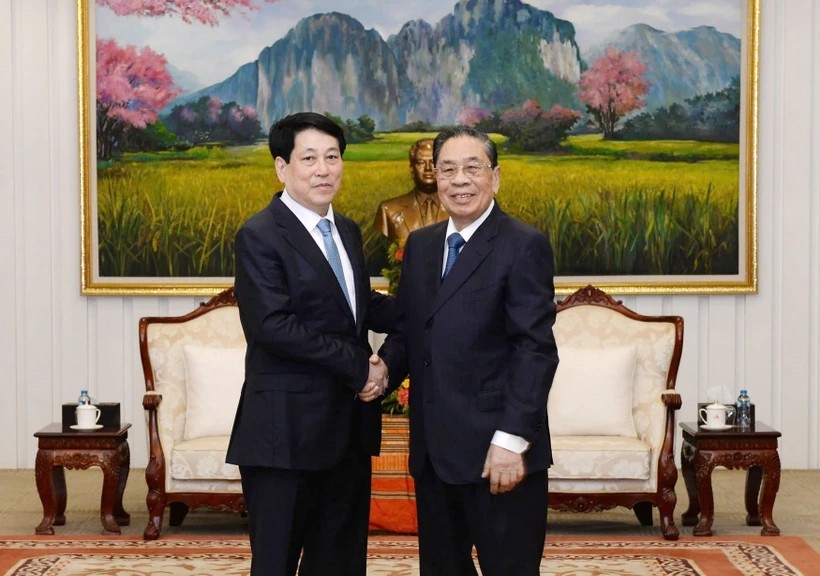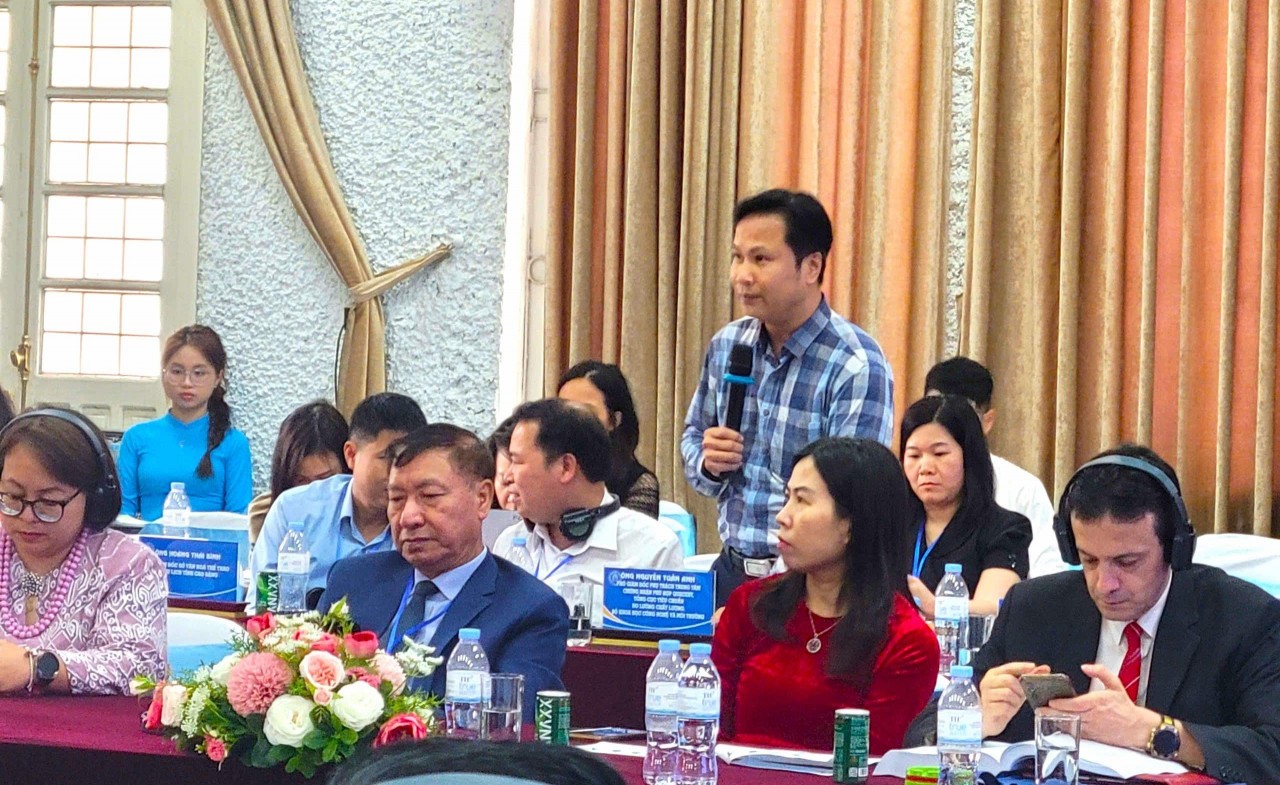Market Economy Recognition Boosts Vietnam's Global Standing
| Vietnam Disappointed by US Decision market economy recognition | |
| Costa Rica Recognizes Vietnam As A Market Economy |
On August 5th, Costa Rica became the 73rd country to recognize Vietnam's market economy status, according to the Ministry of Industry and Trade. This is a positive development as Vietnam is currently requesting market economy status recognition from several trading partners.
To date, 73 countries, including major economies, have recognized Vietnam's market economy status. Economist Dr. Nguyen Minh Phong shared his insights on this milestone.
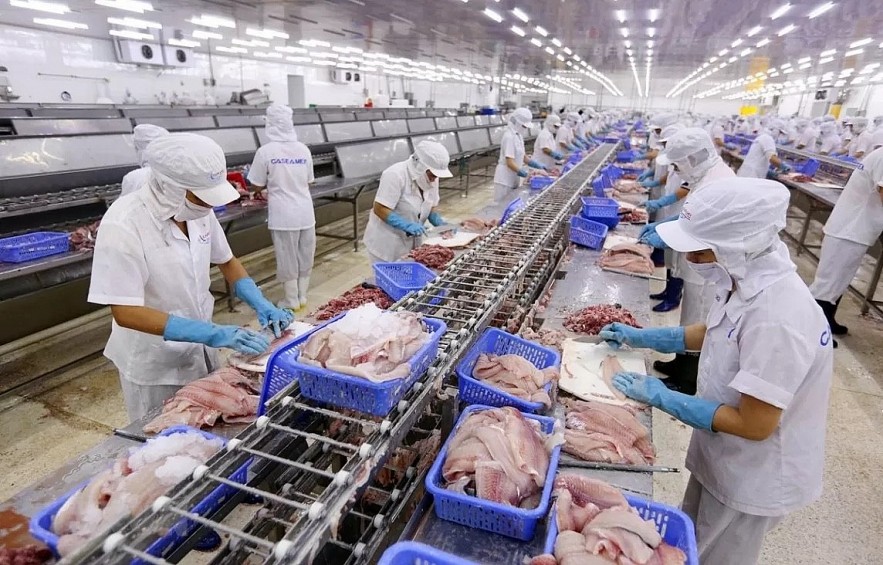 |
| With the recognition of market economy status, domestic enterprises will be able to remove pressures and negative impacts from trade remedy investigations. Photo: VNA |
The recognition of Vietnam's market economy status by 73 countries is of significant importance in promoting economic and trade relations between Vietnam and other nations. To achieve such an impressive result, what is your assessment of Vietnam's efforts and achievements in integrating into the global economy?
In my opinion, the recognition by 73 countries of Vietnam's market economy status is a highly significant number, helping to improve Vietnam's image and position on the international stage, while also bringing beneficial cooperation, and investment opportunities for Vietnam with both countries that have and have not recognized Vietnam's market economy status. Additionally, this recognition helps us create a favorable institutional environment to realize signed agreements, and further strengthen bilateral relations, especially in economic, trade, and investment cooperation.
To achieve these results, Vietnam has been continuously striving to affirm, build, and develop the realization of market economic institutions, both in the fundamental documents and legal regulations of the Party and State, as well as in actual leadership, management, and operation in all aspects of economic and social life.
Notably, the investment environment has become increasingly liberalized and compliant with international rules, principles, and best practices in market economies. In particular, the clear positive changes are the legal system that is rapidly moving towards completion and stability, approaching and aligning with the international legal system, and international treaties that the Vietnamese Government has and will participate in. The economy is operating more smoothly to meet the requirements of sustainable development.
To date, Vietnam has economic and trade relations with more than 230 countries and territories, participates in numerous bilateral and multilateral agreements in many fields. Vietnam has signed 16 bilateral and multilateral Free Trade Agreements (FTAs) with more than 60 countries and international trading partners, including the new-generation FTAs such as CPTPP, EVFTA, and RCEP, creating a free trade playground with a community of nations accounting for over 50% of total global trade and GDP.
Since 2021, Vietnam has been classified for the first time as a middle-income economy and a reliable country in terms of intellectual property protection. Specifically, Vietnam is the 17th freest economy out of 40 countries in the Asia-Pacific region and the 90th freest out of 184 economies worldwide according to the 2021 Index of Economic Freedom by the Heritage Foundation (US). Moreover, thanks to strong market-oriented transformation, over the past nearly 40 years, Vietnam has consistently been among the world's top-performing economies, with an average growth rate of nearly 7% per year.
 |
| Economist Dr. Nguyen Minh Phong. |
The impacts and benefits of being recognized as a market economy are significant, especially in terms of development opportunities and integration for the business community. What is your view on this opportunity?
The recognition of Vietnam's market economy status by other countries will contribute to promoting bilateral economic and trade relations, especially bringing practical benefits to both Vietnamese and foreign businesses.
The greatest benefit is that businesses on both sides will have more freedom and convenience in penetrating markets and seeking suitable investment opportunities, reducing conflicts of interest and trade disputes. In particular, with the recognition of market economy status, domestic enterprises will be able to remove pressures and negative impacts from trade remedy investigations amid strong export growth.
Many countries are increasingly using trade remedy measures. Conversely, foreign businesses will have more opportunities to access the Vietnamese market and export to Vietnam, contributing to the supply chain, especially as Vietnam is emerging as a global manufacturing hub.
In the coming time, what specific actions and plans should we implement to boost economic cooperation and investment with countries that have recognized Vietnam's market economy status, and to continue efforts to have other countries recognize Vietnam's market economy status?
The next step is for Vietnam to accelerate the process of having the remaining WTO members recognize Vietnam as a market economy. Additionally, the government should promptly disseminate information and promote both domestically and internationally the rights, obligations, and legal benefits of Vietnamese government agencies and businesses. At the same time, the government needs to further promote all EU members to promptly approve the Investment Protection Agreement signed between Vietnam and EU countries at the same time as the EVFTA.
Furthermore, the government should continue its efforts to have other countries and economies, especially the United States, recognize Vietnam's market economy status to bring new benefits and development opportunities for businesses as well as the economy.
If recognized as a market economy by the United States, businesses will be able to remove the pressures and negative impacts of anti-dumping investigations.
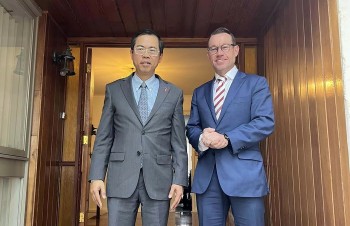 | Australia’s Queensland Regards Vietnam As Priority Market in Southeast Asia Ambassador Pham Hung Tam appreciated the position and importance of the state of Queensland, saying that the two sides have much potential for cooperation, especially ... |
| Seafood Expo Asia’s 2024 Conference Program Seafood Expo Asia, organized by Diversified Communications, will feature a series of in-depth conference sessions for seafood professionals to learn about timely topics relevant to ... |
Recommended
 Focus
Focus
Vietnam Leaves Imprints on the World Peacekeeping Map
 Viet's Home
Viet's Home
“Global Vietnamese Singing 2025” - Connecting Hearts Longing for Homeland
 Viet's Home
Viet's Home
Vietnam’s People's Public Security Force Actively Contributes to UN Peacekeeping Operations
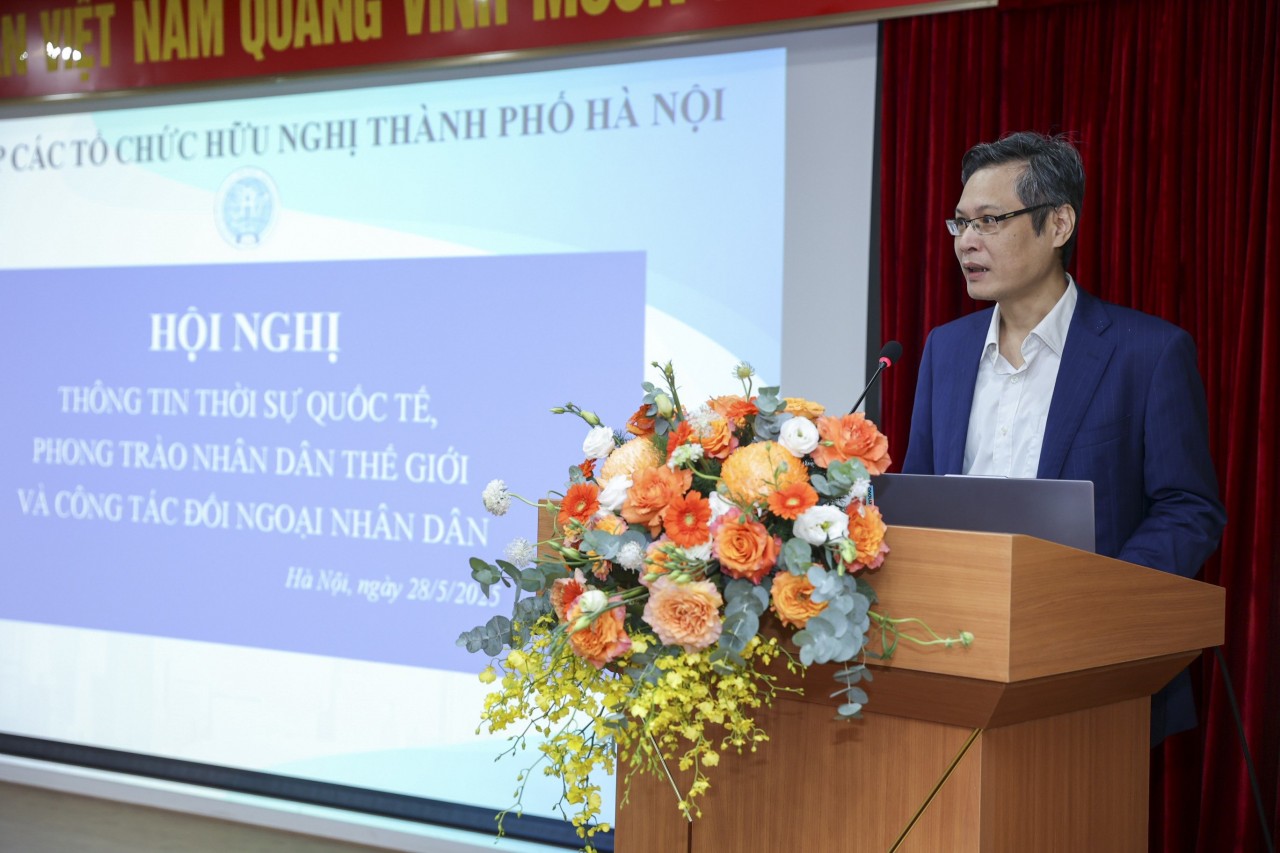 Viet's Home
Viet's Home
HAUFO Enhances Competence of People-to-People Diplomacy Personnel
Popular article
 Viet's Home
Viet's Home
Hands that Reserve Da Long Brocade Craft
 Viet's Home
Viet's Home
Da Rsal – How Digital Transformation Reshape a Poor Commune
 Viet's Home
Viet's Home
Vietnam Classified as “Low Risk” Under the EU Anti-Deforestation Regulation
 Viet's Home
Viet's Home




